The IRS has officially issued an updated list of “Dirty Dozen” tax scams for 2019. Scammers are out there hard at work making not only the lives of taxpayers difficult, but us tax pros as well. Here is the 2019 Dirty Dozen;
Phishing: The ongoing threat of internet phishing scams lead to tax-related fraud and ID left. Taxpayers and Tax Pros need to always be alert for fake emails, text messages, websites and even social media attempts to steal personal information. Watch out for scams posing as the IRS, who will promise you big refunds or go as far as personal threats. Its important to remember NEVER to open attachments or click on links in these types of messages.
Phone Scams: Con artist and aggressive criminals are posing as IRS agents to steal your money and personal information. These spam phone calls (often robo-calls) threaten arrest, deportation, or license revocation if the victim doesn’t pay up. Some scammers might have some of the taxpayers information already including address, last four of your Social Security number or other details. Remember, the IRS will NEVER call you.
Identity Theft: Tax-related ID theft occurs when someone uses a stolen Social Security number or ITIN to file a fraudulent return claiming a refund. Business filers should also be aware that these cyber criminals also file fraudulent 1120s using stolen business identities.
Tax Return Preparer Fraud: The IRS cautions taxpayers to choose tax return preparers carefully. As majority of preparers are honest, there are some dishonest preparers who perpetrate refund fraud, identity theft, and other scams. The IRS suggests looking for a preparer who is available year-round and ask to see the PTIN.
Promises of Inflated Refunds: Look out for inflated tax refunds as it is a common scam targeting people with no filing obligation, such as older people and low-income taxpayers. These scammers are promising larger refunds than competitors or providing refunds substantially larger then you could normally receive and using flyers, advertisements, or word-of-mouth to attack victims.
Falsifying Income and Creating Bogus Documents: This scam involves two types of fraud. The first is falsifying employment or wage income to increase the amount of earned income tax credit. The second scheme involves the filing of fake 1099-MISC (Miscellaneous Income) or a bogus financial instrument such as a bond, bonded promissory note or worthless checks, witch is disguised as a debt payment option for credit cards or mortgage debt.
Inflating Deductions or Credits: This scam involves overstating deductions such has charitable contribution deductions, business expenses, or medical expenses and claiming credits that the taxpayer is not entitled to.
Charitable Contribution Scams: Fake charities often lure victims into making ineligible donations, ultimately leaving the donor without a charitable deduction. A tip from the IRS is to look out for charities with names that re similar to familiar or nationally known organizations.
Improper Claims for Business Credits: The IRS has listed this scam on its Dirty Dozen list for many years now. It involves improperly claiming various business tax credits such as research and fuel taxes. Improper claims for the R&D Credit generally involve a failure to participate in or substantiate qualified research activities and/or a failure to satisfy the requirements related to qualified research expenses; the Fuel Tax Credit is generally limited to off-highway business use or use in farming and is unavailable to most.
Failure to Report Offshore Funds: Numerous individuals have been identified as evading U.S. taxes by attempting to hide income in offshore banks, brokerage accounts or nominee entities then accessing the cash using debit cards, credit cards or wire transfers. Others have used foreign trusts, employee-leasing schemes, private annuities or insurance plans. Failure to report offshore funds is a crime.
Frivolous Tax Arguments: The IRS said that “promoters of frivolous schemes encourage taxpayers to make unreasonable and outlandish legal claims to avoid paying their taxes.” These arguments are always thrown out in court and people who perpetrate these illegal scams may face criminal prosecution.
Abusive Tax Shelters, Trusts, and Conservation Easements: The IRS warns taxpayers to stay away from abusive schemes that tax cheats often promote. They include abusive trusts, abusive micro-captive insurance shelters, and abusive syndicated conservation easements. The three all start with a legitimate tax-planning tool that is improperly distorted almost always by a promoter to produce benefits that are too good to be true and ultimately seriously compromise the taxpayer.


